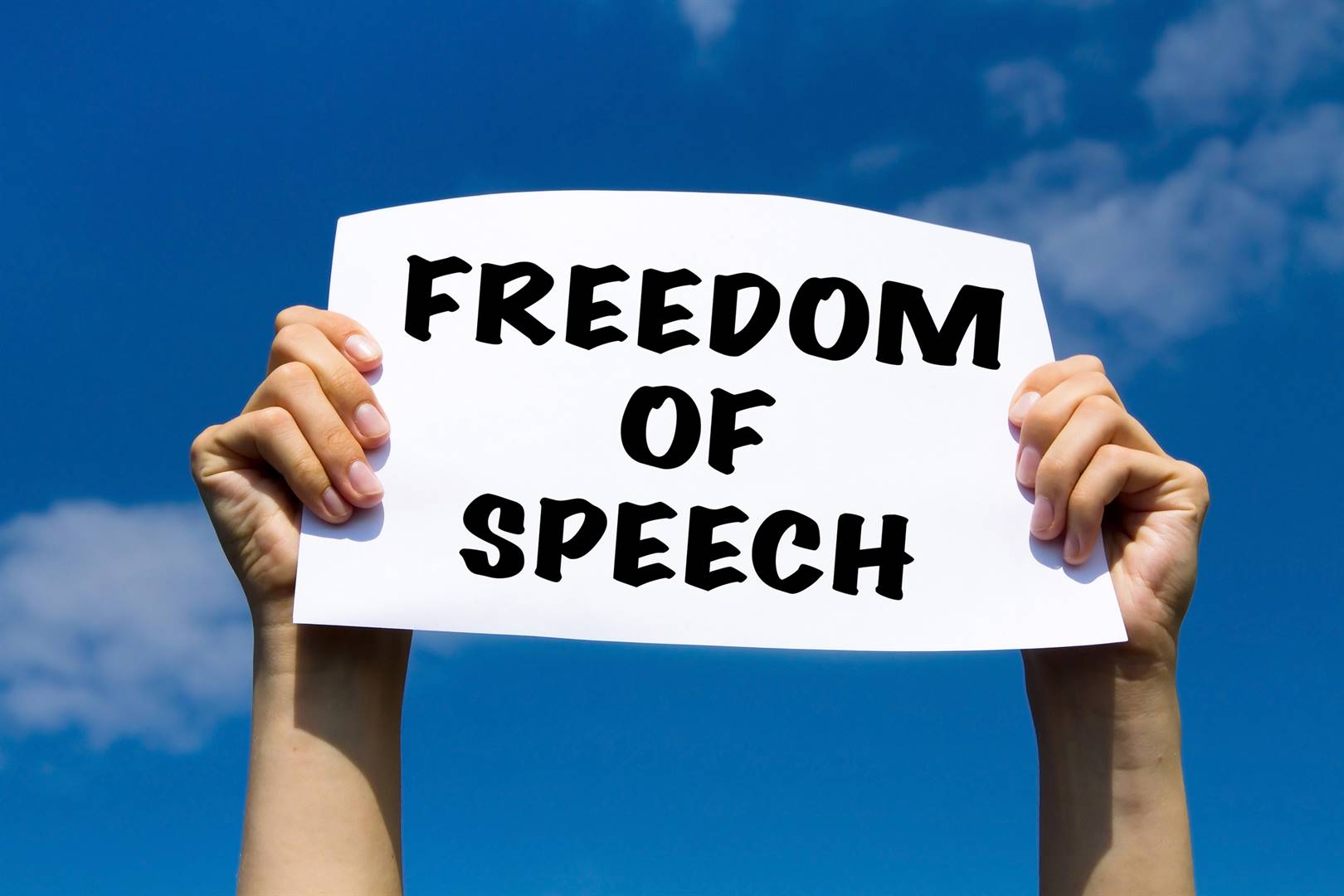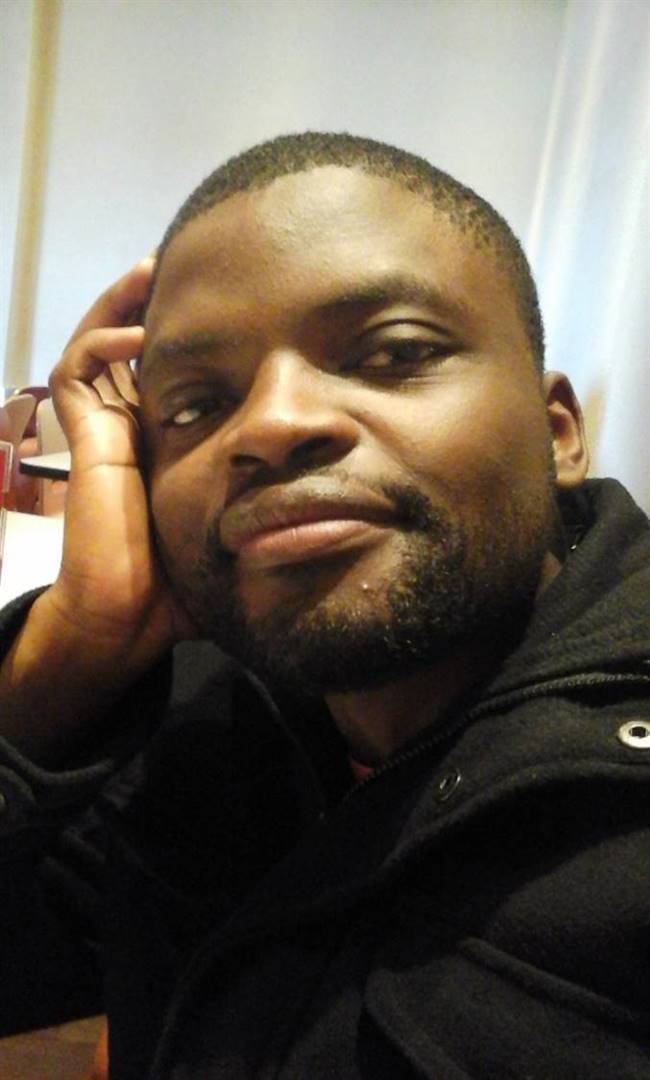
Free speech is crucial for maintaining a healthy society. We have to be able to discuss controversial things with each other.
If I could get one wish granted for Christmas it would be restoring the ability to speak honestly and without fear as South Africans.
We are unlikely to achieve anything of any substance if we do not have this most basic right.
The greatest example in South Africa of what free speech can do is the Codesa negotiations and the period immediately preceding the negotiations when influential thinkers and cultural figures within South Africa started talking about what a free and democratic South Africa should look like, and includes the Dakar conference of 1987.
It is important to note that the ANC was still seen as a terrorist organisation by the National Party government and a significant part of the white electorate, and many of the people attempting to talk to them were being branded sellouts.
The kind of environment that requires free speech is when a significant number of people do not want to hear what you have to say.
During that period, South Africans were able to solve some of the most pressing political problems through free speech.
Our country is currently beset by socioeconomic and political problems.
Read: Court rules BLF slogan is hate speech, but BLF refuses to apologise
Sixty percent of young people do not have jobs and some of them seem to be putting their faith in a Marxist-Leninist party.
The ruling party seems to have run out of ideas.
They seem to be genuinely surprised that social-democratic orthodoxy comprising Keynesian fiscal measures (stimulating the economy through government spending), a regulatory and welfare state, a mixed economy (state-owned enterprises such Eskom have monopolies in their industry) and a developmental state have all failed to produce the desired outcomes.
You often see ANC politicians asking members of the opposition to provide solutions instead of only offering criticism.
Liberal members of the opposition have been doing this for a long, long time – even before the end of apartheid.
Most South Africans either do not know of liberal ideas: individual liberty, limited government and the rule of law; or they have been conditioned to automatically label these ideas with the slur of “racist” or “House Negro” depending on the skin colour of the person putting the ideas forward.
This limitation of free expression in the public sphere has led directly to the dire situation afflicting this country.
The people who employ politicians (voters) have no idea that there’s a rich liberal tradition in this country which has been offering alternatives to the idiocies of Colonial-era racism, apartheid, and now the ANC’s transformationism.
Since we have had systems run by a racially and ethnically diverse cast of characters, we are convinced that we have seen it all and that no one has a workable alternative to the ideas currently being pursued by the ruling party.
All of this is false, the systems we have had imposed on South Africa have all shared the same collectivist nature: dealing with the white man’s burden, protecting the Afrikaner and his culture, and now transforming South African society for the benefit of the black man.
Nothing new really.
Read: IEC tells parties to cool down the 'populist rhetoric & antics'
What hasn’t been tried is individual liberty and that is because all collectivists concern themselves with suppressing, whether through legislation or socially, the free expression of the person who believes in the individual for their own sake apart from any accidental racial, ethnic or other group that society has chosen for that individual.
South Africans have a constitutionally protected right to free expression, and although there have been some problems as well as worrying future developments, we are still one of the best places for free speech on this continent.
Yet, this doesn’t tell the whole story. Members of the South African media are generally hostile to liberal ideas, social media is a little more tolerant but even there most people have bought into the identitarian mess that is South African politics.
This was illustrated most succinctly for me when Ernst Roets of AfriForum presented his organisation’s view on the amendment of Section 25 of the Constitution to the constitutional review committee.
Almost everyone, from the parliamentarians to journalists and individuals on social media, labelled his presentation as racist without engaging intellectually with what he had said.
If Mr Roets made an error in his interpretation of historical evidence or in applying logic to the facts at hand, it should have been easy enough to debunk him without resorting to slurs (speaking of freedom of speech, I predict that someone, somewhere will call me a “House Negro” for writing this).
The consequence of this was that no one bothered to properly interrogate the solutions offered by Mr Roets to South Africa’s problems.
This is the South African condition, we are not actually looking for solutions to our real problems, we want to feel good about ourselves.
We want to feel that the fellow over there has been suitably told off for being racist whether the facts match this assessment or not.
We want to feel that the government is conducting a genocide against us, even if the claim cannot be supported by the facts.
All of this leads to foreign audiences not listening to us when we face serious problems such as the current, ongoing amendment to the Constitution.
And this is what becomes of a country that has taboo topics and does not accept free speech for its own sake.
We have to do better.
Mpiyakhe Dhlamini is a data science researcher at the Free Market Foundation




 Publications
Publications
 Partners
Partners









